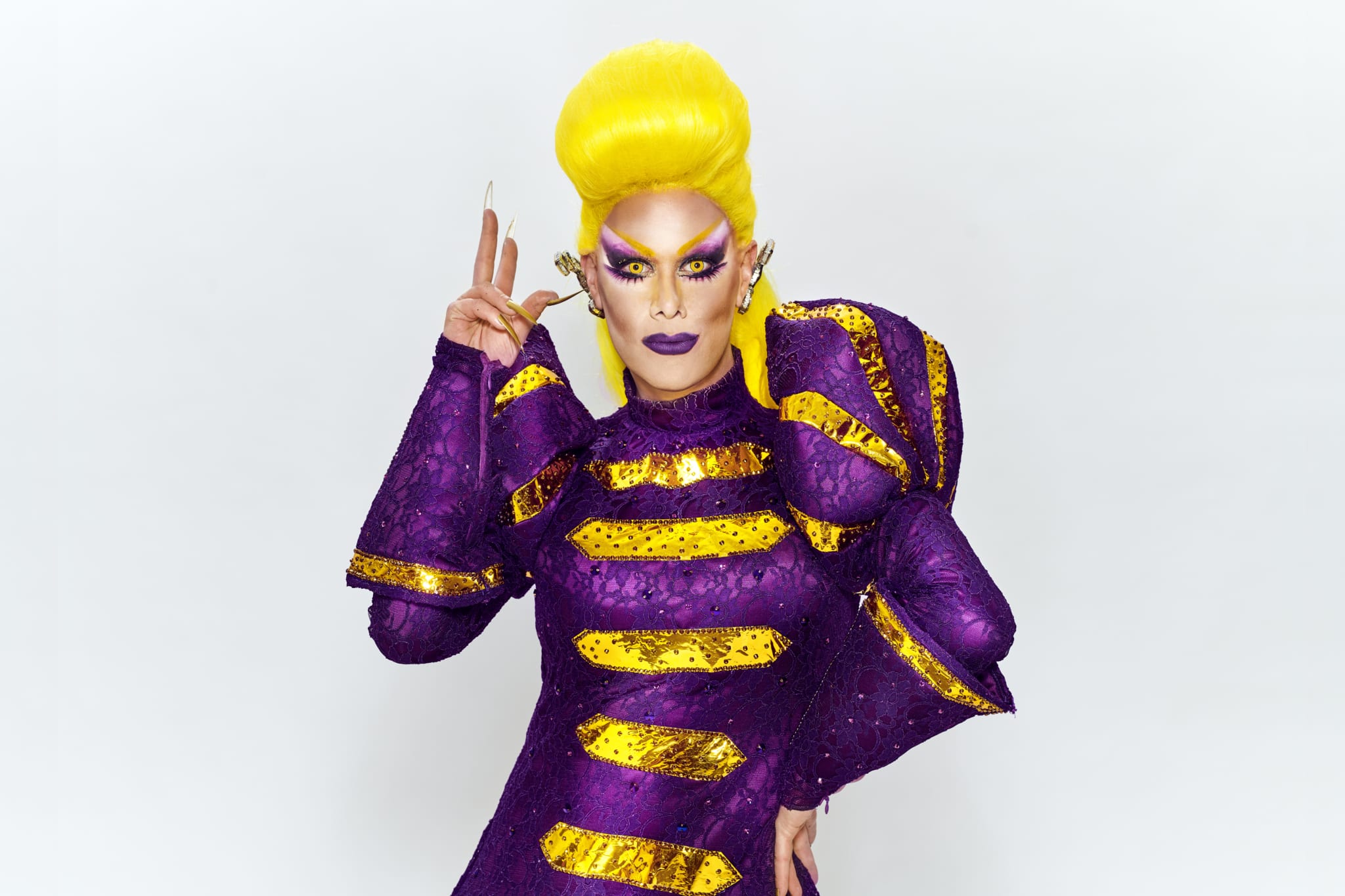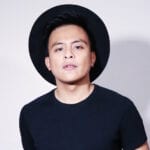Rita Baga is a legend. She’s spent years in the Montreal drag scene and is one of the most vocal advocates of the city’s LGBTQ2 community. In last week’s finale, Rita failed to bring home the crown and become Canada’s first drag superstar. But the Francophone queen has plenty to be proud of.
Xtra spoke with Rita Baga via Zoom to talk about her time on Canada’s Drag Race, representing Quebec and which queen she wanted to win the title prior to the finale.
What did you learn from your time on Canada’s Drag Race?
I learned that I can trust myself, and I have to listen to that inner voice that I have. Also, I would say that I learned how to speak proper English on the show.
What was the biggest challenge for you?
My biggest challenge on this whole trip was that I felt like I was carrying my province and I wanted to integrate our culture into the show. I felt that pressure throughout the entire competition, but I think I’ve managed to integrate my French-Canadian accent, almost everywhere. But that was the biggest challenge, it was something that I really wanted to do and I’m proud of it. So, voila.
How do you feel being the last non-Toronto queen left in the competition?
Well, I feel like it’s not Toronto’s Drag Race, and it felt very good to make it to the end. And even though I felt that pressure, at the same time, I was always thinking, “Well, I have to do this right” and that was my motivation. I want my people at home to see a representation of our culture in the show and you know just stupid things we like to do in Montreal such as the second look on the ball.
I’m very proud of that and I feel all this support from the drag community in Montreal and in Quebec so it’s pretty amazing.
We’ve seen you talk about your drag family. Why was fostering a chosen family important for you?
I wasn’t that close with my family until you know a couple of years ago. And to me having a chosen family helped me get through a difficult period of time in my life through my queerness in general. And my chosen family, we are very close.
I have six children, and I have one child living at home with me. And we just hang out a lot and I know that there are people I just can always call if there’s anything [wrong] and it’s the same for them with me. It’s very important to have a chosen family as a queer person. I love them so much.
Going into the finale, what did you think was your edge?
I think it’s just that I’m perfect, in general. I’m well rounded and that was my edge on the show. Out of the three, I’m the one who can sew, who can do different things, and sing without autotune.
I’m very quiet, that’s my edge in general, and very thoughtful and I like to think before I act. That’s my edge—and the fact that I’m perfect.
Looking back at your Drag Race journey, would you do something differently?
I don’t want to sound cocky, but I don’t think I would have done something different. It was a learning process throughout this entire competition. And I think, until episode eight, I was pretty flawless. But the fact that I was in the bottom at the end, it was great, because people got to see what I can do on stage. I remember after the lip sync with Lemon, Jimbo and Priyanka were like, “This is why you’re called legendary in Montreal, people finally got the chance to see you perform.”
Before the finale, aside from yourself, which queen did you want to see win it all?
I think it’s time for Brooke Lynn’s redemption. So if it’s not me, Brooke Lynn could have it, she could have it.
What’s next for you?
Plenty of things! I have TV appearances, I also have a couple of shows coming, and I’m planning to host Quebec’s Drag Race very shortly.
Finally, one word to describe your time in Drag Race.
Advertisement
Winning.
This interview has been edited and condensed for clarity.


 Why you can trust Xtra
Why you can trust Xtra


